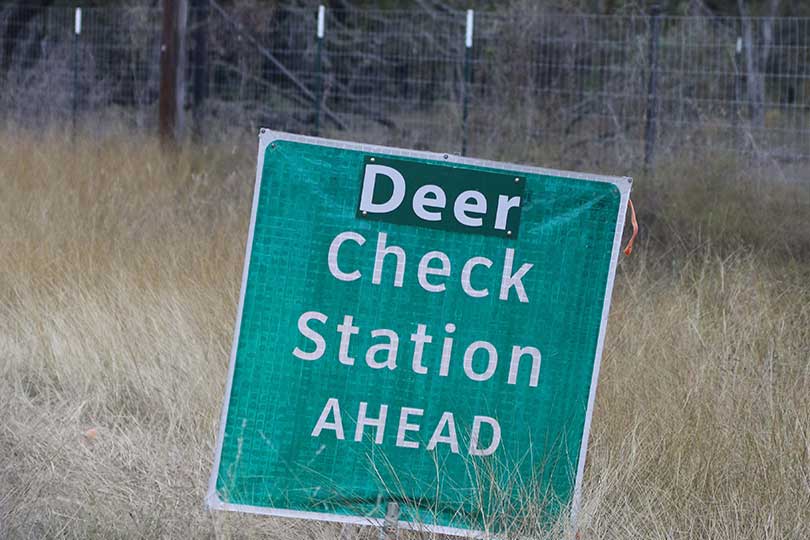By Justin Walker
Communications Specialist
The Texas Parks and Wildlife Department (TPWD) announced six confirmed cases of chronic wasting disease (CWD) earlier this month.
CWD was confirmed in three white-tailed deer in Medina, Dallam and Hartley counties, as well as three more CWD cases in mule deer in Hudspeth, Hartley and El Paso counties. Each occurrence took place in a county with previously-reported CWD detections.
The confirmations follow a two-day CWD Symposium organized by TPWD, the Texas Animal Health Commission and Texas A&M Veterinary Medical Diagnostic Laboratory in December. The event was attended by roughly 200 landowners, deer enthusiasts, scientists and representatives from state fish and wildlife agencies from around the country.
The spread of CWD and best practices to contain it were among the topics discussed, and presenters stressing the importance of continued early action to address the situation.
“Case studies in other states which are dealing with CWD reaffirm that doing nothing is plainly not an option,” Dr. Bob Dittmar, TPWD wildlife veterinarian, said.
The Lone Star State’s commitment to a proactive approach has helped control the disease, Dittmar said.
“We believe that working with landowners and hunters to implement all reasonable measures to address this disease head on is the most important factor to our success thus far,” he said. “Those in CWD areas can assist by providing samples to the department and harvesting deer to keep densities down.”
Hunters within the Trans-Pecos, Panhandle and South-Central CWD Containment and Surveillance Zones are required to bring harvested mule deer, white-tailed deer, elk, red deer or sika deer to a TPWD check station within 48 hours. A list of stations can be found at www.tpwd.texas.gov or in TPWD’s Outdoor Annual.
More information on CWD can be accessed on TPWD’s webpage.
“We are very appreciative of the effort and cooperation that has been put forth by the vast majority of landowners, hunters and local officials across the state,” TPWD Executive Director Carter Smith said. “Our ability to control the spread of this fatal disease is directly related to the cooperation offered by many, especially landowners and hunters, and we pledge to continue to work with everyone to minimize the impacts of this disease.”

